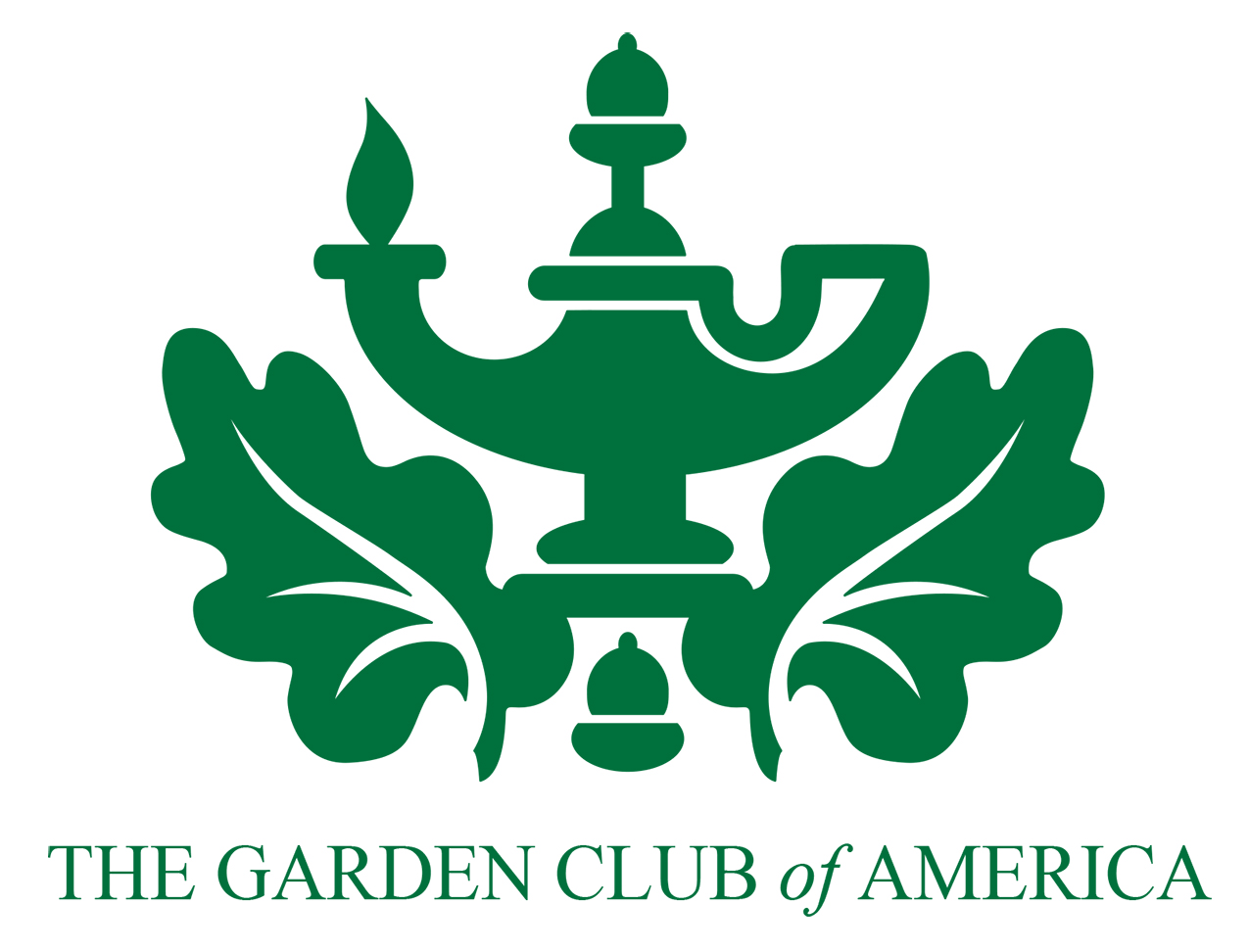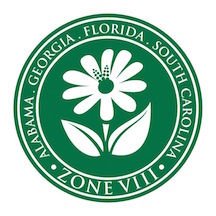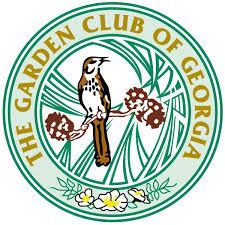- Home
- Cherokee Garden Library
- History
Cherokee Garden Library, a Library of the Kenan Research Center at the Atlanta History Center
To learn more about the Cherokee Garden Library, A Library of the Kenan Research Center at the Atlanta History Center, and to explore its fascinating collections: http://www.atlantahistorycenter.com/research/cherokee-garden-library
How the Garden Library Grew from a Few Treasured Books in a Closet to a Collection of Over 40,000 Rare and Valuable Works
In 1973, when Anne Coppedge Carr was chairing the Cherokee Garden Club “project-finding committee,” she and some friends visited the garden library at Cheekwood in Nashville and were inspired to establish a garden library in Atlanta. The Cherokee Garden Club voted to start the new project and began to involve others from Atlanta’s gardening world. The Cherokee Garden Library was opened in the spring of 1975, under Anne’s leadership, by the Cherokee Garden Club.
The early planners included Louise Richardson Allen, Alice Hurt Carr, Mary Bowler Miller, Edith Redway Wright, Elizabeth Hale Barnett, and Mary Reynolds Morrison. Other key players in the early years of the Garden Library were John H. Beach, Virginia Groves Beach, Margaret Evins Shirley, Frankie Coxe, Edward L. Daugherty, Florence Phillips Griffin, Frances Spratlin Hargrett, and Helen B. Martini.
This talented and energetic group soon devised an ambitious master plan to make this library a leading resource for the study of gardening, landscape design, garden history, horticulture, floral design, botanical art, and ecology, with a specific focus on documenting the Southeastern region.
Anne Carr’s gracious leadership, passion, and persistence inspired others to be a part of what became a much larger movement to experience and preserve horticultural heritage. One of her beliefs, which continue to be a central philosophy for the Garden Library today, is that all the books, even the rare books, should be used – not stored away and made inaccessible. Why have these treasures if no one can fully experience them?
From its humble beginnings in an old telephone closet in the basement of the Atlanta History Center’s McElreath Hall, the Garden Library rapidly grew in size and value, commanding more space, attracting more users and eventually merging with the Kenan Research Center at the Atlanta History Center.
The merger, which was finalized in the spring of 2005, helped ensure the long-term viability of the Garden Library. In late summer of that year, Anne Carr passed away. While it was a great loss for the Garden Library community, her original vision and wise leadership have left a lasting legacy, which inspires and guides those who continue her work today.
Senior Director Staci Catron Builds on Anne Carr's Legacy of Leadership
One of the hallmarks of great leadership is effective succession planning, which Anne Carr and Board President Pat Hargrett demonstrated in 2000 when they hired Staci Catron to be the Garden Library’s Director.
Staci Catron had come to the Garden Library in the summer of 2000, to work as a research fellow while completing her Master of Heritage Preservation degree from Georgia State University. She says she was drawn to Garden Library because “I believed in Anne Carr’s philosophy about preservation and documenting the land to tell a broader story of history. I also believed in her emphasis on making our materials accessible to the public and doing community outreach. Pat Hargrett and all the presidents who have succeeded her have shared her philosophy. To this day, when I’m faced with an important decision, I think, ‘What would Anne Carr do?’ ”
Senior Director's Role in Opening up New Vistas for the Garden Library
Under Staci Catron’s leadership, the Garden Library has grown from 8,500 objects to over 40,000. She was responsible for relocating the collection to the Garden Library’s current home in the Kenan Research Center and launched a year-round calendar of educational and public programs, including the Ashley Wright McIntyre Lecture Series.
In addition to core work of maintaining and operating the Garden Library, Catron is in demand as a speaker on a broad range of topics related to garden history and literature, pioneering women in landscape design and architecture, collection development, and horticultural research. In 2013, she gave two lectures at the Grolier Club in New York in conjunction with the exhibition, “Gardening by the Book: Celebrating 100 Years of The Garden Club of America.” She leads frequent curatorial group tours of the Garden Library collection.
Staci Catron has authored numerous articles published in horticultural journals and newsletters, including those of the Southern Garden History Society, the Council on Botanical and Horticultural Libraries, the American Society of Landscape Architects, and the Southern Nursery Association. She contributed an essay on Helen Hawkins Clarke to Shaping the American Landscape: New Profiles from the Pioneers of American Landscape Design Project published by the University of Virginia Press and co-authored Women in Atlanta. Catron is currently collaborating with co-author, Mary Ann Eaddy, and photographer, James R. Lockhart, on a book entitled Seeking Eden: A Collection of Georgia’s Historic Gardens, slated for publication by the University of Georgia Press in April 2018.
Catron is past president and honorary director of the Southern Garden History Society, past chair of the Georgia National Register of Historic Places Review Board, treasurer of Easements Atlanta Board of Directors, lifetime member of the Garden Club of Georgia, member of the Garden Club of Virginia’s Research Fellowship Committee, member of the Cherokee Garden Club, member of the Society of Georgia Archivists, member of the Southeastern Museum Conferences, and member of the Council on Botanical and Horticultural Libraries. Catron is an Honorary Member of The Garden Club of America and an Honorary Member of the American Society of Landscape Architects. The Garden Club of America bestowed its prestigious Historic Preservation Medal upon Catron in 2023.



